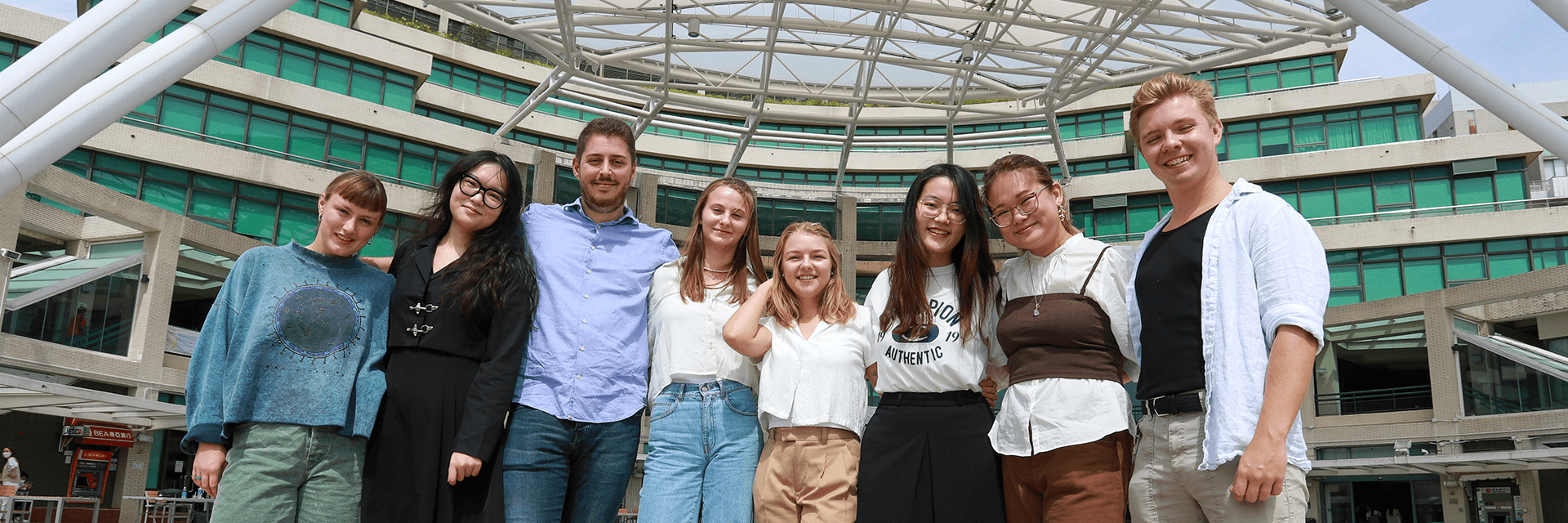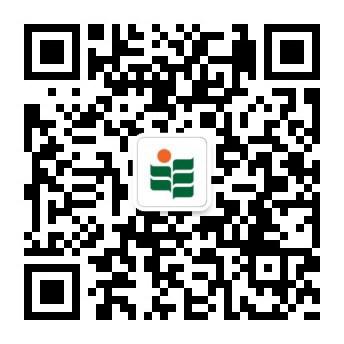Life in Hong Kong
Hong Kong Highlights
Hong Kong is a cosmopolitan city with a number of fantastic features: historic temples, ultra-modern high rises, intriguing cultural festivals, trendy shopping malls and entertainment districts. Hong Kong has the fast-paced urban lifestyle and the opportunity to escape to secluded beaches, country park walking trails and villages. Hong Kong is famous of highly efficient services and a superb public transportation system and it is a major gateway to Mainland China and Asia, and a popular headquarters for regional operations.
Language
- Most people speak Cantonese and some Mandarin (Putonghua).
- English is one of the city’s official languages and is widely used by the government, business sectors and other professionals.
Climate
Hong Kong enjoys year-round sunshine with a mild winter and a hot and humid Summer.
Spring (March to May): Temperature and humidity are rising. Evening can be cool. Average temperature:17°C-26°C.
Summer (June to August): Hot, humid and sunny, with ocassional showers and thunderstorms. Average temperature: 26°C-32°C.
Autumn (September to November): There are pleasant breezes, plenty of sunshine and comfortable temperatures. Average temperature: 19°C-28°C.
Winter (December to February): Cool, dry and cloudy, with occasional cold fronts. The temperature can drop below 10°C. Average temperature: 12°C-20°C.
Current weather information is available from the Hong Kong Observatory.
Electricity
Hong Kong uses 220V/50hz and three-pronged plugs. Conversion plug adapter for your electrical devices are readily available in Hong Kong.
Money and Banking
- Hong Kong Dollar is the legal tender of Hong Kong.
- Bring sufficient Hong Kong Dollars to cover immediate expenses such as transport fares and meals.
- Money exchange is available at the airport. Service charges may apply if you withdraw money from your home country bank card at local ATM machines.
- Credit cards (VISA, MasterCard, and American Express cards) are widely used in shopping malls and mid- / up-scale restaurants in Hong Kong.
- Octopus card is a smart contactless payment tool which is easy to use, and accepted all over Hong Kong. It is used in public transport, dining, entertainment, shopping and more. The payment for the shuttle bus service between Tai Po Campus and the MTR University Station also has to be paid by Octopus card.
- Do not carry a large amount of cash while travelling to Hong Kong. You may purchase traveller’s cheques in your home country and then open a bank account in Hong Kong.
Student Octopus Card
Octopus card is a smart contactless payment tool which is easy to use, and accepted all over Hong Kong. It is used in public transport, dining, entertainment, shopping and more. The payment for the shuttle bus service between Tai Po Campus and the MTR University Station also has to be paid by Octopus card.
Concessionary fares are available to Personalised Octopus cardholders (with student status), who are under 26. Application forms are available on MTR website. Completed application form must be endorsed by Student Affairs Office before sending to any MTR Customer Service Centre. Application details will be provided during Orientation.
Working in Hong Kong
Under Hong Kong immigration laws, exchange students at Hong Kong tertiary institutions cannot take up part-time or full-time employment, whether paid or unpaid.
Communications
Exchange students are only in Hong Kong for a few months. exchange students in the past would use a stored-value phone card to contact their family and friends. If students want to buy a stored-value card, they can buy it at a convenience store or its store.
Public Transportation
Hong Kong has a well-developed transportation system. The major components of public transport include railways, buses, public minibuses, taxis, ferries and trams.
Be Aware of the Telephone Deception Cases
Recently, the number of telephone deception cases has been increasing and many victims were new students to Hong Kong. In some of these cases, the swindlers pretended to be officials of Immigration Department of Hong Kong or the Mainland and made calls to the victims, claiming that there were parcels to be collected or visa issues.
Students are reminded not to disclose any personal information when receiving such calls. Immigration Department will not contact students directly by phone call via pre-recorded voice messages for any visa issues.
If you suspect a caller is trying to con you, please hang up the phone.
We Would Love To Hear From You
Do you have
any enquiries?




